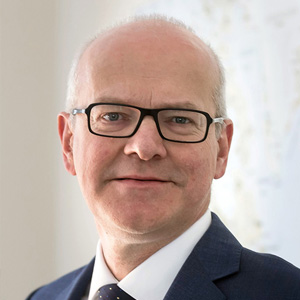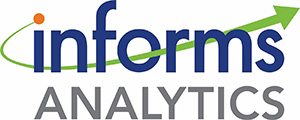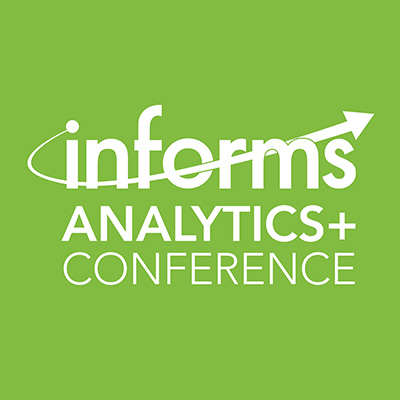

Dick den Hertog
Professor of Operations Research
University of Amsterdam
Dick den Hertog is professor of Operations Research at University of Amsterdam. His research interests cover various fields in prescriptive analytics, in particular linear and nonlinear optimization. In recent years, his main focus has been on robust optimization, and recently he started research on Optimization with Machine Learning. He is also active in applying the theory in real-life applications. In particular, he is interested in applications that contribute to a better society. He received the INFORMS Franz Edelman Award twice: in 2013 for his research on optimal flood protection, and in 2021 for his research on optimizing the food supply chain for the UN World Food Programme. He has been Visiting Professor at MIT for several years now. He is Science-to-Impact Director of the Analytics for a Better World Institute, that he co-founded in 2022.

